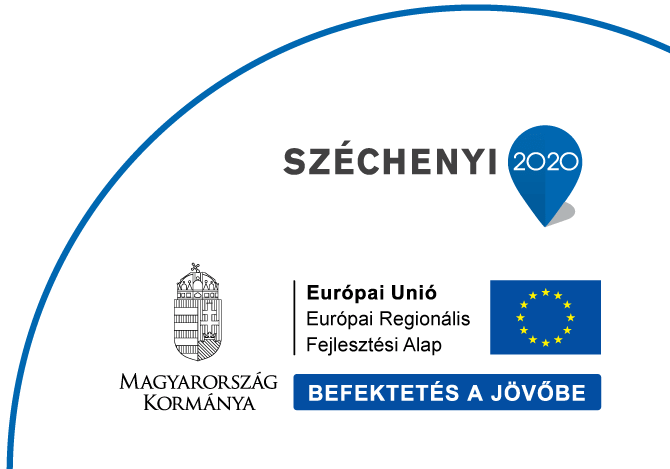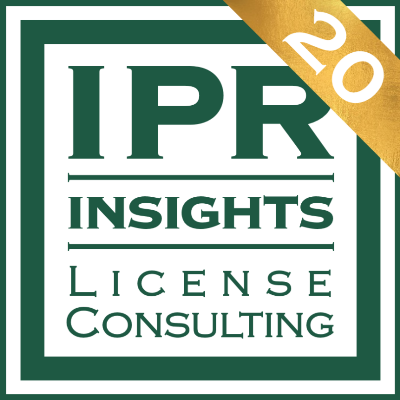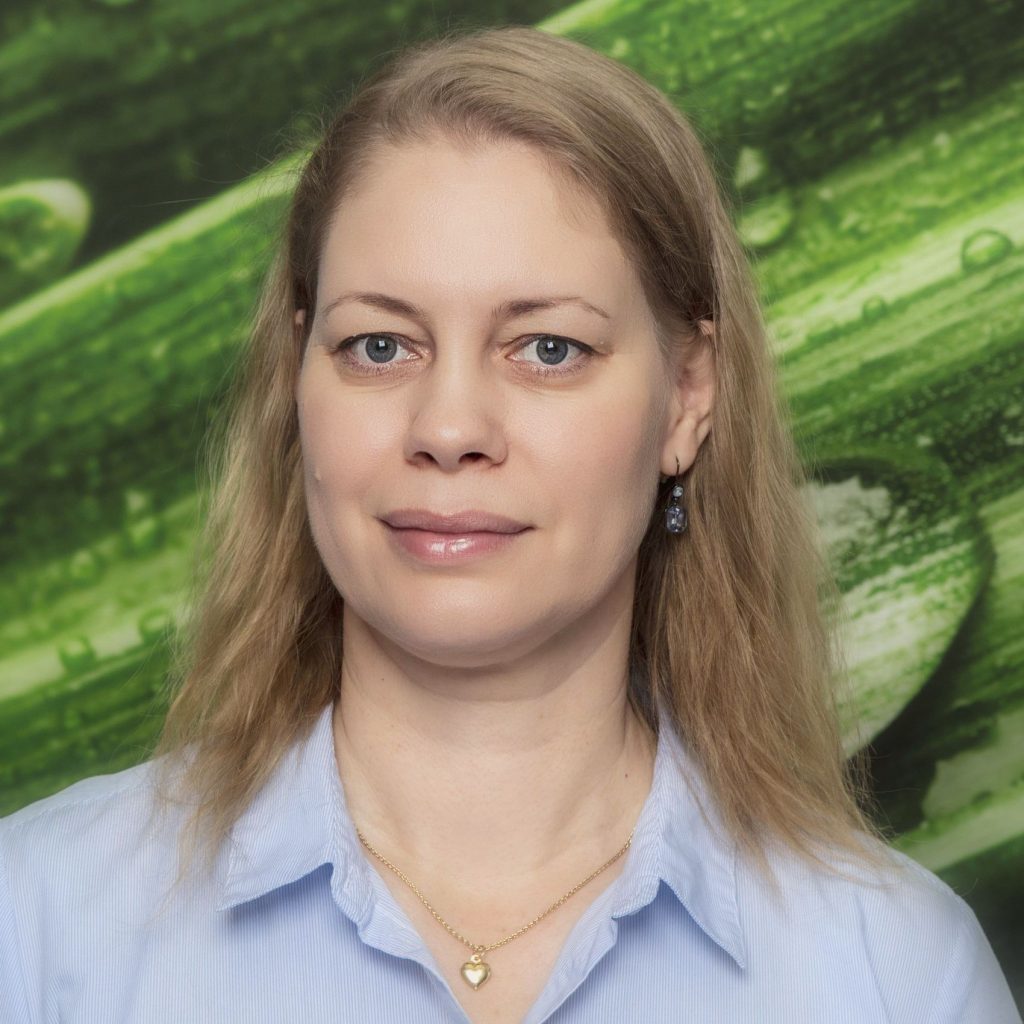The Usedsoft-case pops up on all forums recently. Lawyers write about it from a copyright perspective, IT portals to professional software users, and even the biggest news portals to the ordinary people, as almost everybody has something to do with software. Therefore in this article l wish not to introduce the judgment itself, but my experiences with customers and involved traders with regards to software remarketing so far, and also my presumptions how these beliefs would possibly change in the light of this decision.
Judgment of used software distribution is closely encompassed lately.
From one hand the thought brings enthusiasm to the software users, that if the books and CDs can be handled in the way of antique trading, software could be treated the same way. On the other hand this finding stimulates a lot of people to buy and sell used software, even if the area is a little bit vague at the moment.
This does not necessarily mean a problem, but some kind of an uncertainty?
Uncertainty comes from the difficulties of interpreting the respective legal environment, and also the huge resistance of the software vendors, that surrounds the topic of used software. The enterprise, that does efforts to meet all the requirements of eligibility – measures actual software usage, starts large-scale project to define the exact license need, procures the necessary software products, creates and performs policies to keep up legally compliant software usage – can not be fooled by a novel statement, that if they purchase licenses of another company, they are acting legally. They clearly see in the end user license agreement well highlighted, that transferring the software without the consent of the vendor is prohibited (even the affiliates can only use the software of the parent company with an explicit permission). And if it was not enough, from the manifestations of the vendor’s representatives they clearly conclude, that burning the believers of software remarketing on glowing pyre is totally appropriate.
Decreasing software expenses by 50% would serve companies really well in the battle of cost against efficient operation, though most of the IT leaders would not sacrifice the question of legality on the altar of this battle, if any risk can be linked to this. Who wants to go to jail after all?
Copyright though is not as scary as it seems for the first time for the outsiders or the users; many have got familiar with the concept of copy of the work and exhaustion of the distribution rights lately, who are showing interest in the topic of used software. The fact favored the attitude of the users, and the interest in the topic of software remarketing, that the software which were distributed together with data carrier (eg. packaged and some OEM construction products) can be resold to any new users by the lawful acquirer of the original copy of the work without the consent of the rightholder – due to rule of exhaustion of distribution rights.
(Without starting long legal explications: in accordance with our Copyright Act, if the copy of the work has been put into circulation by the rightholder or by another person expressly authorized therefor by the rightholder through sale or the transfer of proprietary rights in any other manner in the European Economic Area, the right of distribution – with the exception of the right of rental, lending and importation – shall further on be exhausted with regard to the copy of the work thus put into circulation.. Namely, if the original copy of the work is acquired by someone lawfully – so it possesses license to use the software -, it can be resold (even against the prohibition in the license) without the control of the software manufacturer.)
The “copy of the work”-problem (what is understood as original work) is still not yet cleared up, therefore the situation of the software downloaded from the internet, and – that is especially important – the transferability of the volume licenses (in the absence of the physical data carrier) are still uncertain. (Courts of Member States have different opinions in the subject matter, not even mentioning the occasionally ‘confusing’ decisions of the American courts.)
Due to the complexity of the topic, the decision of the European Court in the case of Oracle vs. UsedSoft – which states, that the exhaustion of distribution rights not only occurs when the software is transferred by the rightholder with the data carrier, but also when the user gets his own copy by downloading it from the manufacturer’s webpage – is almost a redemption. (The case investigates the question of reselling Oracle volume licenses in particular.) According to the Court it does not matter, whether the perpetual license owner gets his software on physical media, or through intangible software copy; the distribution rights of the rightholder have already exhausted. So the lawful acquirer of the software can resell his own copy without the consent of the rightholder, even against his explicit prohibition. Furthermore, as the upgrade and maintenance contract between the parties grants right to the original user to use the latest version of the software, the original user is entitled to resell that version to the new user as well.
Based on these the light is definitely green!
For the case not to be that simple, the Court highlights: the lawful user is not entitled to pass over the license for only that amount that is not in use, and to keep using the software with the ‘remainder’ amount. On the basis the explanation of exhaustion of distribution rights linked to the software copy, basically it means that splitting the original licenses is not possible, because the Court believes, that with the splitting of the license the copy of the work is used by the original and the new user as well, though reselling is only lawful – they say -, if the original user gets rid of the program permanently.
So the light is not clearly green, maybe a strong yellow. Yellowish-green?
The decision – even though not all the questions are answered – is certainly promising, and it can also have a positive impact on the decisions of the Member State?s courts in similar cases, and therefore on the attitude of the rightholders, on the user confidence and on the whole market of used software.
Go copyright answering to IT challenges! Go lawful software use! Go cost-efficient software management!






































